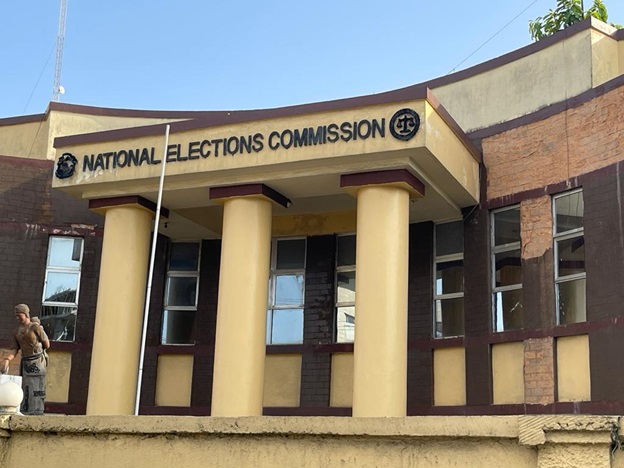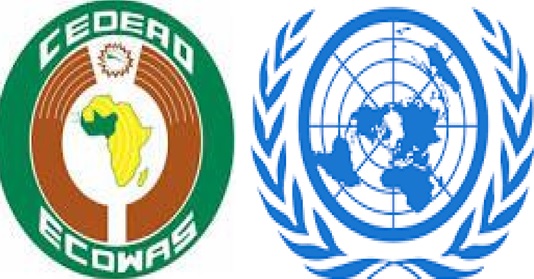MONROVIA – The stage is set in Liberia, for the holding of the highly anticipated national election. The citizens eagerly await the opportunity to exercise their democratic right and choose their leaders. However, as the election day draws near, a storm of controversy is brewing over the belated release of the Final Registration Roll (FRR) by the National Elections Commission (NEC).
Under the order of Justice in Chambers, Jamesetta Wolokollie, the NEC was instructed to submit the FRR for all 15 counties. This decision came in response to mounting pressure from various political parties, especially the opposition Unity Party that is demanding transparency and accountability in the electoral process. The FRR, considered a vital document, contained the names of registered voters across the country.
The NEC, with the looming voting day of October 10 polls, decided to release the FRR just one week before the election day. This timing raises eyebrows among political leaders and pundits and concerned citizens who fear that there would not be sufficient time to scrutinize the document for potential fraud or irregularities. The release of the FRR was met with both anticipation and skepticism by the public.
One of the major concerns was the lack of comprehensive education on the electoral process. Many political parties argue that NEC has not done much to adequately inform of citizens on the electoral process; and that not allowing the parties sufficient time to effectively scrutinize the FRR for any discrepancies. The parties are also reluctant to accept the NEC’s request not to punch voters’ cards after polling.
The Unity Party has told the electoral body that it has serious concerns about its decision not to grant its request to punch voter registration cards during the October 10 polls, which would be in line with “Step 3, Section 7 of the Voting Steps of the Polling and Counting Manual for Staff.”
The NEC’s refusal, the Unity Party noted, has sparked considerable apprehension within “their party and the wider public concerning the authenticity and integrity of the electoral process.”
“The bedrock of any democratic society lies in the credibility of its elections, and we firmly believe that the biometric voter registration system, undertaken by the NEC, should be the cornerstone of this credibility,” the Unity Party said in its communication.
“However, the inability of this system to verify and enable electronic voting has left us with an Optical Mark Recognition (OMR) process in disguise, essentially turning what should have been a genuine biometric system into a manual one.
As the clock ticked towards the election day, tensions are soaring within the political landscape. The demand for transparency clashes with the urgency of the approaching polls. Civil society organizations, media outlets, and concerned citizens have expressing unhappiness for lack of enough time for scrutiny of the FRR and ensure a fair electoral process.







